Politicians say U.S. is ready for an Asian president
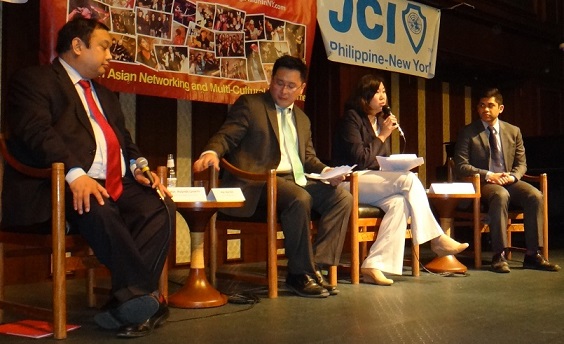
Guest panelists from left: Jersey City Council President Rolando Lavarro, State Assemblyman Ron Kim, Congresswoman Grace Meng, and teacher and activist Edward Santos. The FilAm photos
Asian American politicians said it’s just a matter of time, but when were asked which ethnicity is likely to make history by producing the first Asian president of the U.S., they mostly demurred.
“The U.S. is ready for an Asian president, It’s going to happen,” said Filipino American Edward Santos, a candidate in the recent New York City council elections. “Doesn’t matter which ethnicity (becomes president) as long as he advocates for Asian Americans in the country.”
Santos spoke at a February 28th forum on “Politics and Governance: Lessons from the Experiences of Elected Asian American Leaders,” joining Chinese American Congresswoman Grace Meng, Korean American State Assemblyman Ron Kim, and Filipino American Jersey City Council President Rolando Lavarro at the panel.
“It’s possible,” replied Kim to the question of whether an Asian American has a chance of becoming president of the only Superpower nation in the world. However, he stressed that the “only way” an Asian could be elected president is if the politician could “cross over to other communities such as Italian, Jewish, Irish voters.”
Meng was more cautious in her response. “We need to do a lot more at the local level and the federal level (to have the numbers),” she told the forum held at the Philippine Consulate. “We need to get more of us involved to run for public office.”
There is a lot more work to be done, she added, in reaching out to Asian immigrants to create awareness about voting rights and participatory politics.
A Pew Research found Asian Americans to be on two tracks: they are typically highly educated and affluent, but they also “place more value” on family and career success than on politics.
Philippine Consul General Mario de Leon Jr. said the Asian American population grew a robust 46 percent over a 10-year period from 2000 to 2010, citing U.S. Census data. Asians make up 5.6 percent of the American population of 308 million as of 2010. The Chinese are the largest Asian ethnic group at 3.79 million, followed by the Filipinos at 3.41 million and the Indians at 3.18 million.
He said the forum seeks to find out why, despite the reticence of some Asians to be politically engaged, there are politicians who buck the trend. “How do they view their responsibilities and what can they say of the communities that supported them,” he said.
Lavarro said he wasn’t eyeing a political career for himself. But something happened in 1997 that made him reflect long and hard on public service. That year, two Filipino veterans chained themselves to a White House fence hoping to call attention to the federal government’s alleged indifference to the plight of World War II veterans.
“That was my defining moment,” he told the forum. From that moment on, he, a college student then, became involved in social justice issues inspired by the advocacy for the Filipino veterans.
“I thought I would just be a political strategist like James Carville,” he said. “I’m introverted.”
He ran for a seat in the Jersey City council in 2008 and lost. He ran again in 2011 and won overwhelmingly.
Also confessing to be a shy, introverted individual was Meng, a lawyer by profession. “I thought I was going to work for a non-profit, but not as an elected official,” she said. But her grassroots community involvement got her to meet political personalities and saw “not a lot of them look like me.”
Kim’s response sounded a lot like Meng’s, but it was more pointed. There appears to be an “institutional effort,” he said, to treat Asian Americans as second-class citizens.
This attempt to “isolate and treat Asian Americans as not being part of the community and not being compelled to have ownership of our community,” became his motivation. Kim said he became part of the new generation of Asian Americans that wanted to change “this mentality.”
Santos, who ran for a city council seat for District 8 (East Harlem and Bronx) and lost, said he felt he could “do a better job” supporting public education being a former public school teacher.
Of Santos’s experience, Meng said she didn’t win either on her first try. “Most people don’t.”
Kim noted how some politicians appear to be too much focused on ethnic politics. “When you come here (U.S.), we all share the same issues,” he said, adding political concerns should go beyond “our own backyard.”
Lavarro said some of the things he had to come to terms with as a newbie politico is the old boys’ network and the idea that “nothing ever comes to you unless you go for it.”
“No one’s ever going to give it to you because they (long-time politicians) want it for themselves,” he said, indicating largesse in the form of authority, power, and influence.


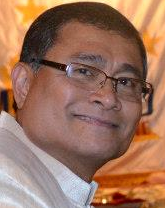
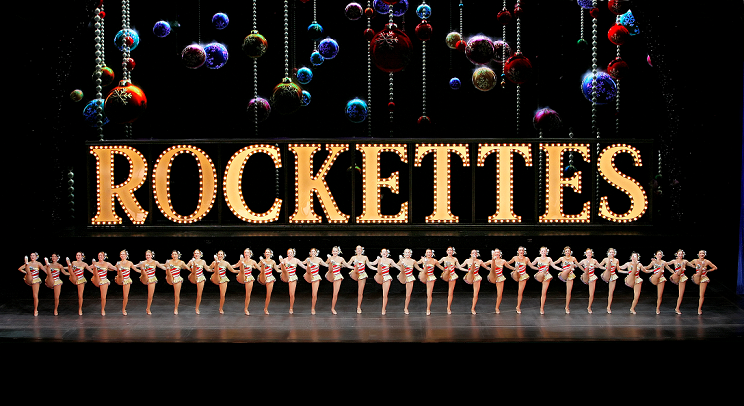
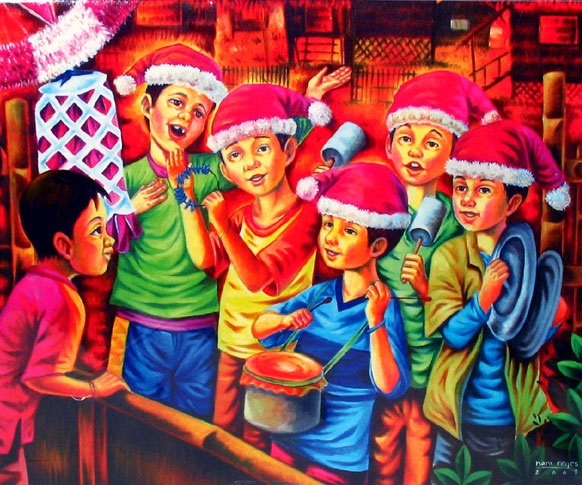
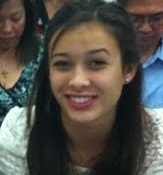

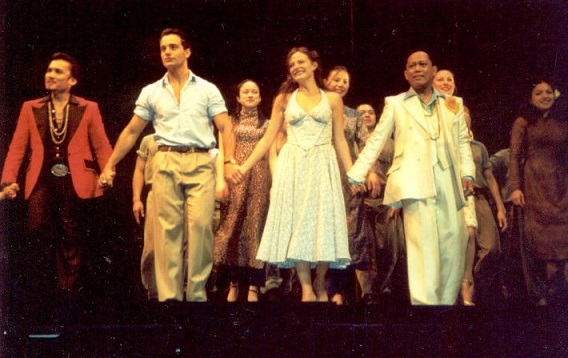

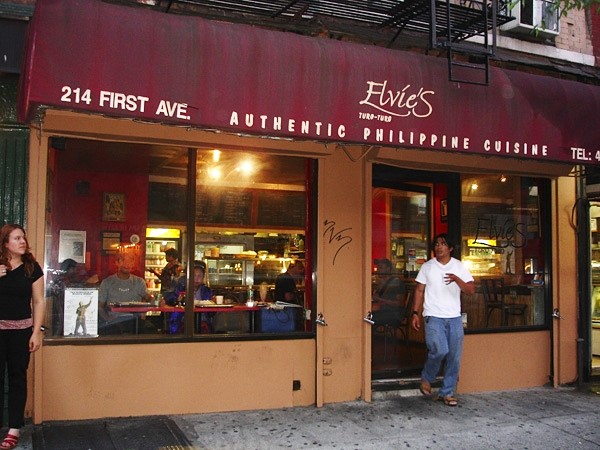
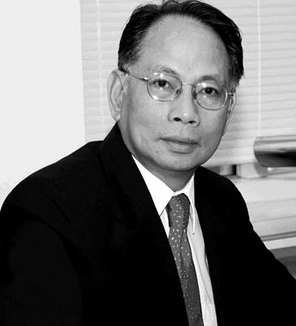
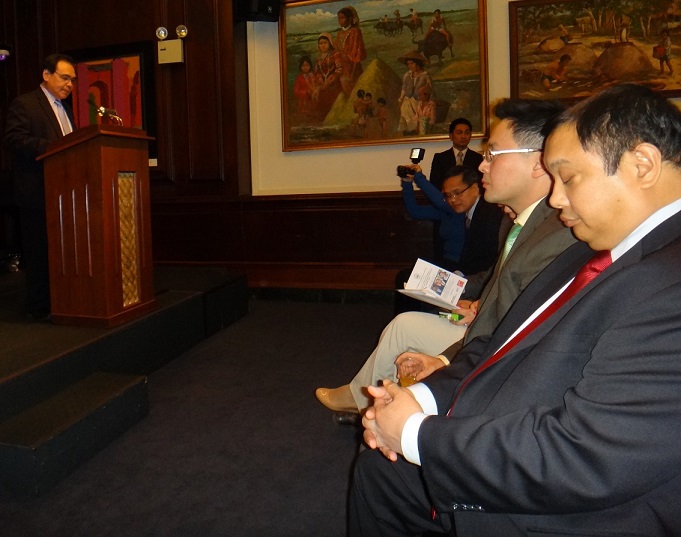

[…] 3, 2014 3:29 pm Leave a comment By Voices of NY | Via The FilAm Go to original story A+ / […]